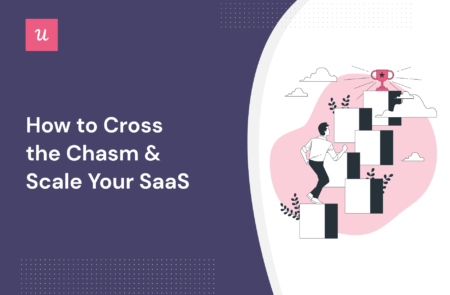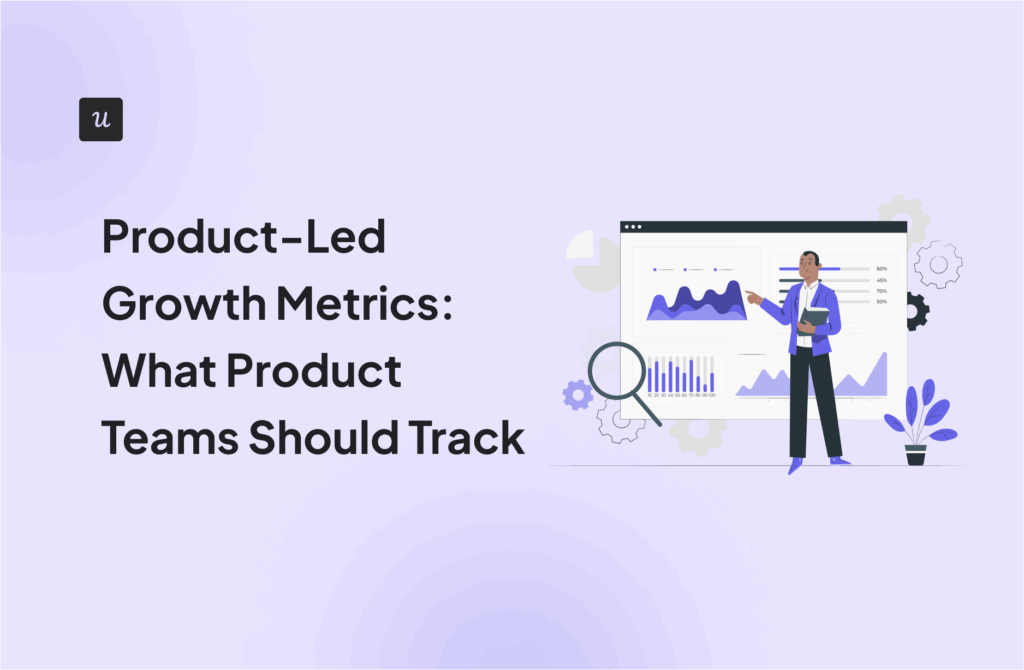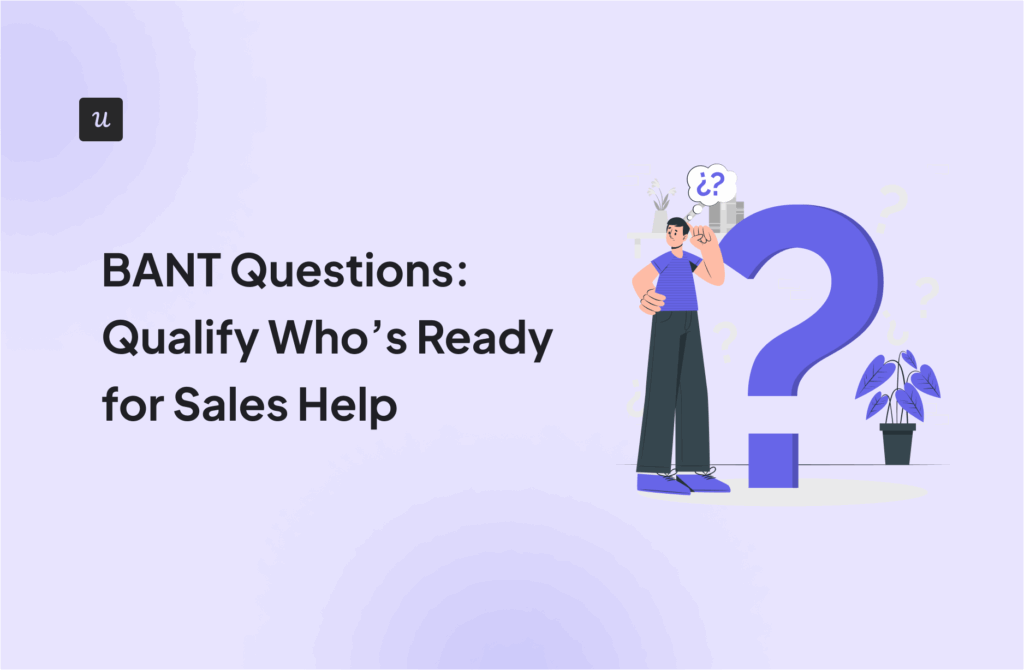
Growing your product requires tackling one of the biggest challenges, which is to cross the chasm.
However, if done successfully, you’ll become the early market leader in a specific niche market before going on to dominate the mainstream market.
Read on to discover how to cross the chasm and scale your technology company.
Try Userpilot Now
See Why 1,000+ Teams Choose Userpilot

What is the chasm?
The chasm is the gap in the technology adoption lifecycle between the early adopters (early market) and the early majority (the pragmatists). It’s a classic bell curve distribution framework that helps understand how users adopt and integrate a product.
The technology adoption lifecycle is a model that draws inspiration from research conducted by Everett M. Rogers in his influential book, “Diffusion of Innovations.”
Geoffrey Moore recognized this framework and noticed a chasm between the early adopters and the early majority and wrote about it in his book “Crossing the Chasm.” The book goes into detail about the chasm as well as valuable strategies.

What are the five segments in the technology adoption life cycle?
There are five segments within the technology adoption lifecycle:
- Innovators are risk-taking technology enthusiasts and love being the first to try an unproven product.
- Early adopters are thought leaders looking to solve problems and willing to pay a premium. They are more risk-averse and need positive reviews before adopting new technology.
- Early majority customers represent a larger group that cautiously adopts a technology once it has become more established and proven in the market.
- Late majority is a more skeptical market segment that adopts a new technology reluctantly, driven by necessity and external pressure rather than a desire for innovation.
- Laggards are the final segment, resistant to change and relying on traditional methods, adopting new technologies only when necessary.

How to cross the chasm to achieve market success
Crossing the chasm can be challenging, but here are some helpful ways to achieve it to scale your SaaS.
Building buzz to attract the right technology enthusiasts from the early market
Innovators and early adopters are key for your SaaS in the early days, as you want to create as much buzz as possible to attract technology enthusiasts who will help you build the best product. Here’s how:
Build an MVP and improve it based on feedback
Building a minimum viable product (MVP) is your starting point. It will help you to start collecting feedback as soon as possible.
You want to get a small group of enthusiastic people to help you test your product so you can perfect key features and optimize the messaging and positioning of your product.
Launch on Product Hunt and popular platforms
You want to start getting your first users by launching on popular platforms such as Product Hunt. These users will help to test your product and guide you on needed improvements based on their feedback.

Go for a PLG from the start
Using a product-led growth strategy for acquisition will help to get early adopters and technology enthusiasts on board. If they have no means of testing the latest new technology, you’ll have no user base to start with to provide feedback.
A freemium model could be another approach to help you understand what features bring users the most value. It can then lead to where you draw the line between which features you can monetize.

Test, test, test to get product-market fit
Before you dip your toes into the mainstream market, you want to ensure you have nailed all parts of your product.
You want to be confident your positioning, marketing efforts, messaging, key features, and pricing are exactly what the market wants before going mainstream.
However, you need to keep testing your product on a few users and receiving feedback so you can make small iterations leading to the point your SaaS is ready to take on the mainstream market.

Crossing the chasm and getting the early majority adopters
Once you have the first two segments on board with your product, the innovators and the early adopters, your SaaS should be in a state where it’s ready to cross the chasm.
Your product should have the right messaging, positioning, and a deep understanding of the user personas.
Now it’s time to go after the rest of the segments; the early majority adopters, the vast majority, and the laggards.
Encourage word of mouth from your existing users
To tackle getting mainstream customers, like the late majority, you need help spread the word about your product. And your current user base is where you start.
You can use loyalty programs and rewards to help encourage users to leave reviews and increase awareness of your product to attract new users.
To increase the chances of positive reviews, you can segment your power users (those with high NPS scores) and only ask them for reviews.

Look at different acquisition channels to attract potential customers
To grow your user base, look at other acquisition channels to attract potential customers. Some of the different channels you can look at are:
- SEO: You can start creating content based on certain keywords relevant to your customers to drive traffic.
- Content: Content can cover many things, such as podcasts, videos, and social media. Ideally, you should first create content your audience interacts with the most.
- Paid media: Leveraging paid media can help you get in front of more potential customers by targeting keywords on Google or through social media platforms.
- Outbound: You directly email people in businesses who you think would be interested in your product to acquire new customers. Be prepared to send many emails and receive few responses.
Automate in-app onboarding to drive growth
The work isn’t done once you have customers signed up as users. You want them to continue using your product and stay a customer.
You want to pay close attention to your onboarding when acquiring new users, jumping in to help when they struggle to understand a feature or truly get value from your product.
But as your user base grows, you want to automate your onboarding so new users can get value from your product without needing hand-holding.
You can follow the minimum viable onboarding and automate it to increase users’ chances of getting as much value from onboarding as possible.

Understand customer satisfaction and nail your customer-product fit
You should continue to gather customer feedback via in-app surveys to understand what brings them satisfaction from your product.
The better you can understand what causes high satisfaction levels, the better you can continue to perfect your product to meet your customers’ needs.

Track product usage to understand what brings value to your customers
You can use product usage to help you optimize your SaaS onboarding flows so customers reach value faster. You can look at the different paths users take in your product and recognize which ones have a proven track record and a high frequency of retaining customers for longer.
Identifying those paths can allow you to replicate them to increase the chances of producing high-value customers.
You can also use the data you track to understand who your best customers are to try and attract more of them.

Conclusion
To enhance your understanding of your customers’ needs and expedite the growth of your product, it is essential to develop effective marketing strategies that enable you to cross the chasm and penetrate the mainstream market.
It can be challenging to collect feedback from your customers, personalize your onboarding to be successful for each customer, and analyze data collected from users of your product.
Userpilot can assist you with all these things and more.
Want to get started building your strategies to cross the chasm? Get a Userpilot Demo and see how you can use tactics to help grow the product’s user base reaching all market segments of the technology adoption lifecycle.






